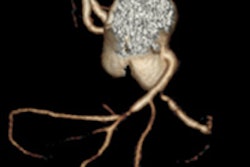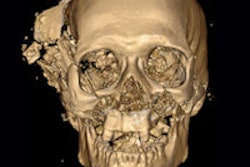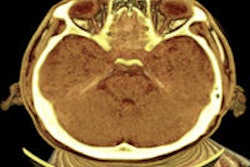Minimally invasive autopsies, using a combination of MRI and other techniques such as blood tests, can determine the cause of death in fetuses and babies nearly as well as conventional autopsies, researchers concluded in a new study published in Lancet.
The research is the first large-scale study to compare the accuracy of minimally invasive autopsy techniques to conventional full autopsies, according to the group from London.
Led by Dr. Sudhin Thayyil and Dr. Andrew Taylor from University College London and Great Ormond Street Hospital, the study analyzed results from 400 fetuses, babies, and children who were undergoing autopsy. The researchers performed both conventional and minimally invasive autopsies in each case to determine whether the two autopsy techniques established the same cause of death.
Their review found that among fetuses and babies younger than 1 year, the minimally invasive autopsy identified the same cause of death as the full autopsy for 92% of the cases.
For children 1 to 16 years old, the minimally invasive techniques were less accurate, with 54% of the two types of autopsies agreeing on cause of death. The reduced agreement may be due to MRI's inability to detect infections more likely to kill children in this age group, the authors explained.
The next step is to establish criteria that will allow doctors to judge when a minimally invasive autopsy might be appropriate, according to the group. In addition to determining cause of death, autopsies can sometimes answer more detailed questions about recurrence risks and implications for other family members, advancing medical research and knowledge.



















